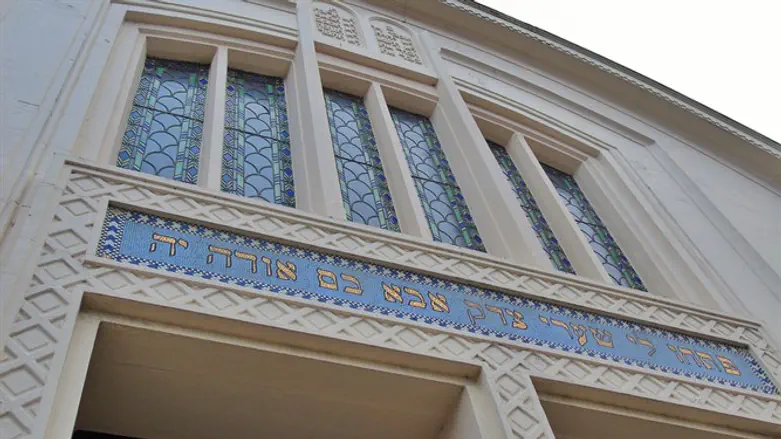
At the beginning of Tetzaveh, in the first five verses, Hashem poses a question to Moshe with the word: “Ve’ata – Now you.”
Hashem says to Moshe:
Now you – see to it that there will be people who will be responsible for the daily kindling for the light of the Menorah.
Now you – see to it as well that there will be Kohanim who will be the spiritual leaders of the people.
Now you – ensure that there will be a sufficient number of people to build and to furnish the ‘Mishkan’ – the Sanctuary of the people
.
Both Ramban and Sforno comment that Hashem was purposefully saying to Moshe, “Ve’ata – Now you,” in order that he shouldn’t think that since he was the leader of the people he could stand aside and watch other people doing the job. No. Whoever you are, in whatever capacity you work, you need to be personally involved in the task.
Interestingly, Parashat Tetzaveh stands out as a Sedra in which Moshe is the central character but his actual name does not appear within the Parsha. It is as if Hashem is purposefully avoiding mentioning it.
Therefore I would like to suggest that the ‘Ve’ata’ here is intended to go beyond Moshe the individual. Rather, Hashem is sending a message to each and every one of us throughout the ages – “Ve’ata – What about you?”
We must ask ourselves, are we kindling lights? Are we an inspiration to others?
Perhaps you are like the Kohanim – you’re a leader, you’re a Chairman of an organisation, you’re starting initiatives, you say to others, ‘follow me’.
Or perhaps you’re one of the builders. Ensuring that institutions, buildings or facilities within our community, are there for others and you’re concerned with furnishing or keeping them running.
Whatever it might be, ‘Ve’ata’ calls upon us to ask ourselves the question – ‘what is it that I am actually doing?’
The very first question that Hashem posed to any human being is featured in Parashat Bereishit. In the Garden of Eden, Hashem called out to Adam and he said to him “Ayeka – Where are you?”
That first question continues to be eternally valid and the most relevant question Hashem poses to each and every one of us.
‘Ve’ata’ – Hashem was not only speaking to Moshe. He was addressing each and every one of us. As a result, it is important that we ask ourselves, how we are feeling? How are things going? How are we responding? But perhaps most importantly of all we should ask, what are we doing?